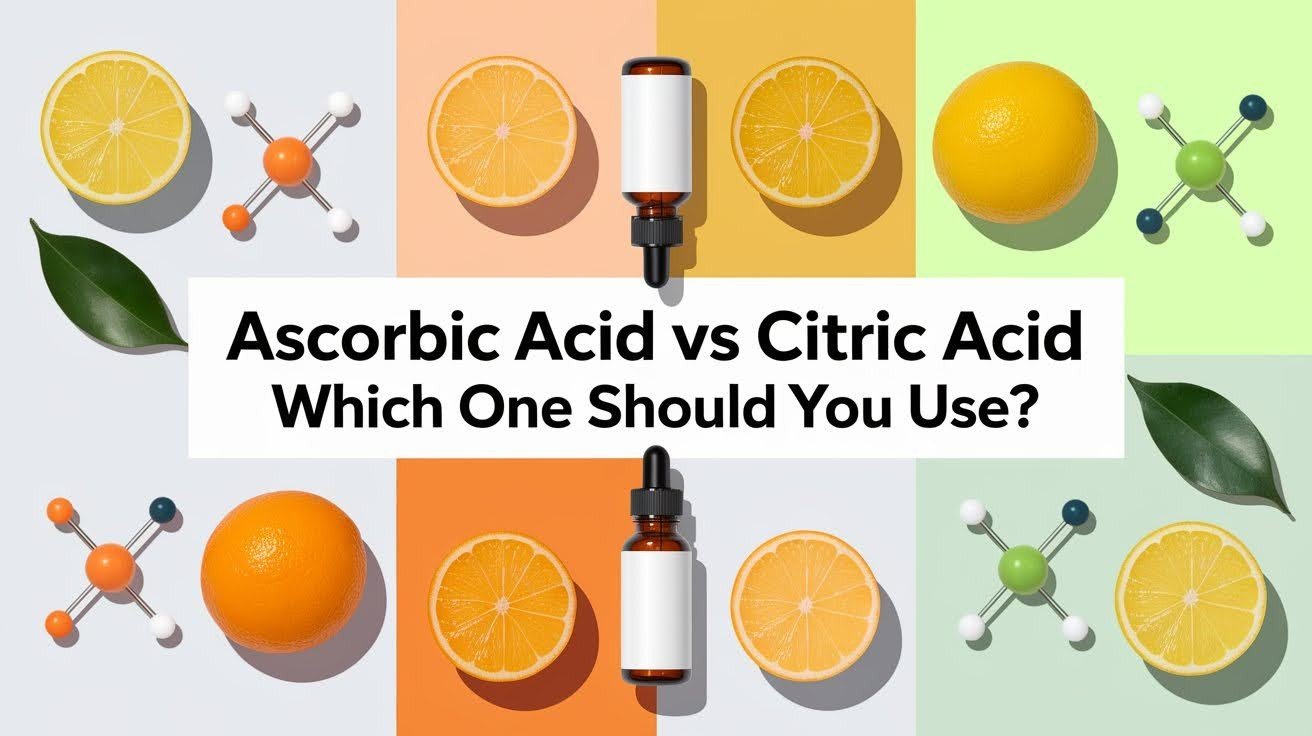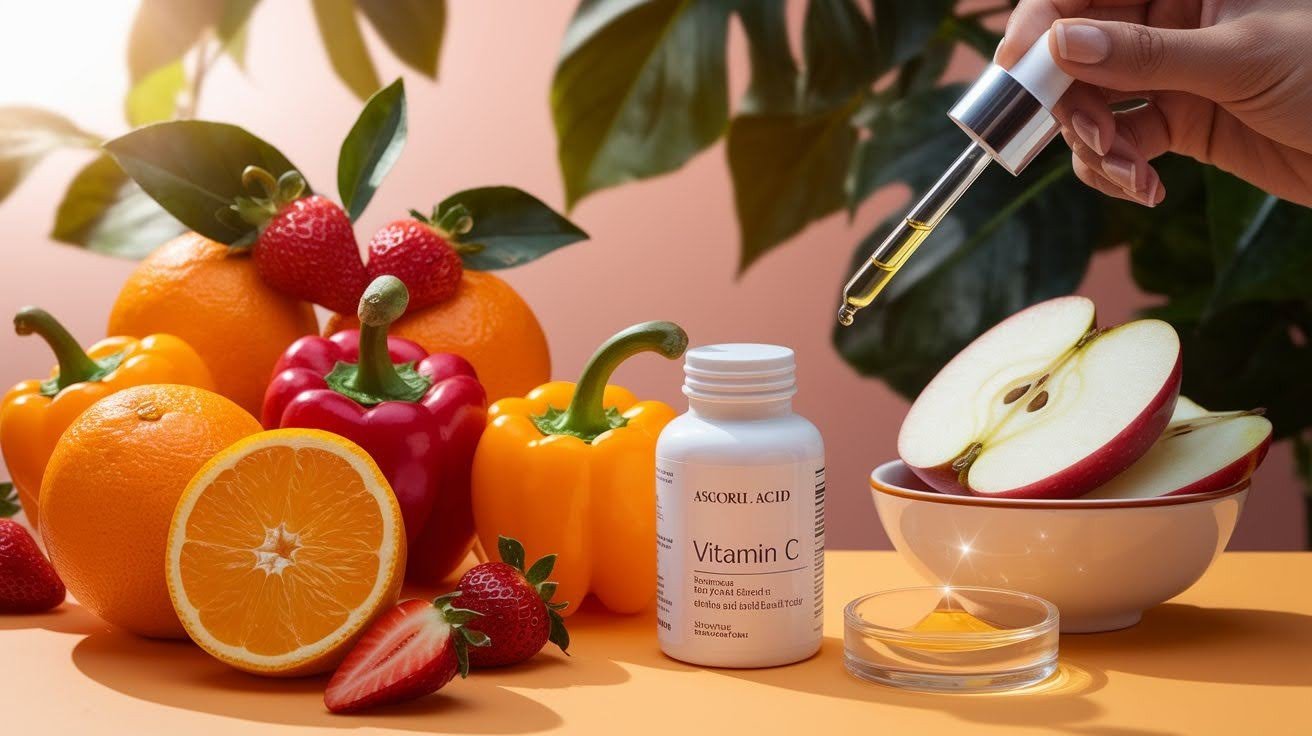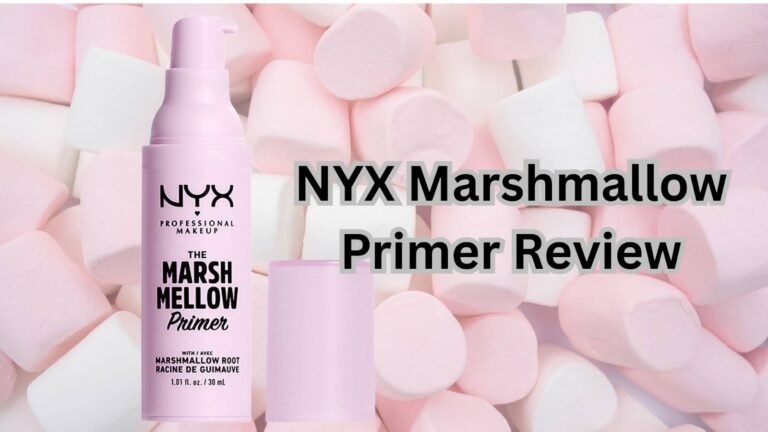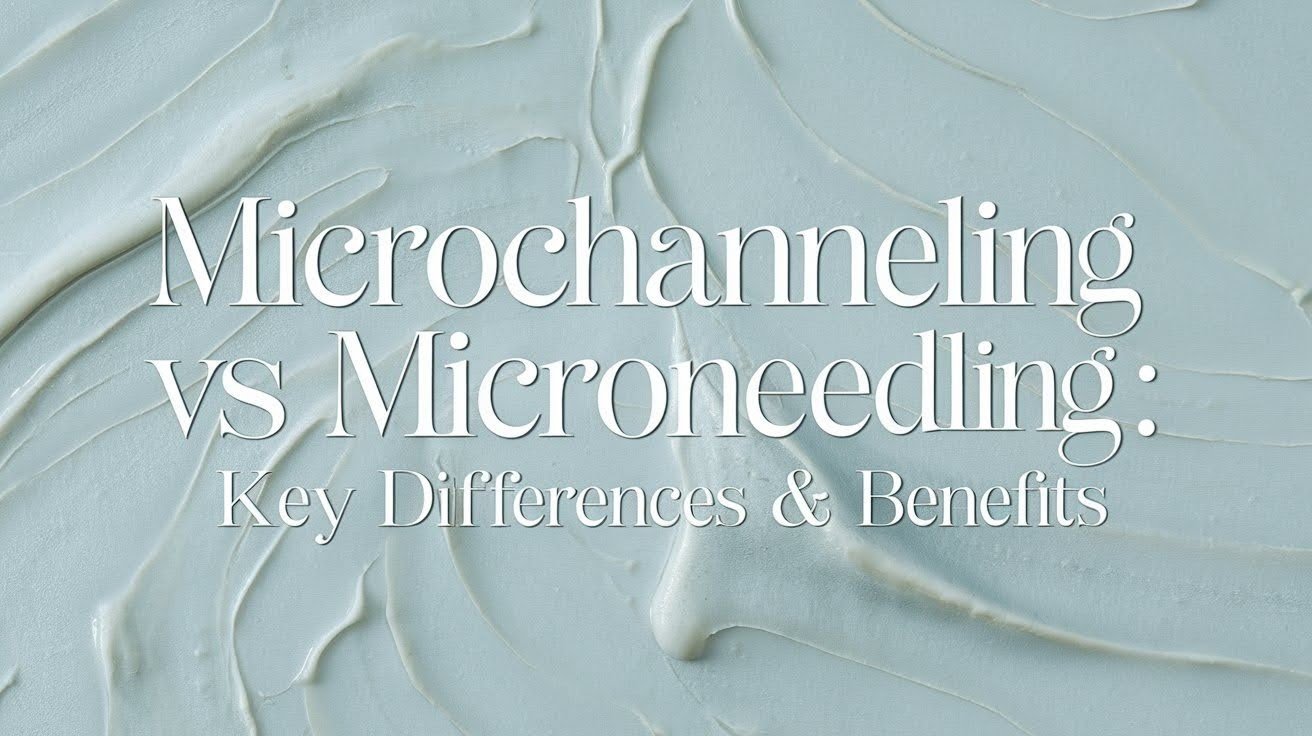Ascorbic Acid vs Citric Acid: Which One Should You Use?

After years of answering questions from clients about food preservation, skincare routines, and natural cleaning solutions, I’ve noticed one persistent source of confusion, the difference between ascorbic acid and citric acid.
These two compounds share similar names and both taste sour, leading many people to assume they’re interchangeable in recipes, supplements, and household applications.
However, my experience has shown that using the wrong acid can lead to disappointing results-from failed food preservation attempts to ineffective skincare routines.
While both are indeed acids with important roles in our daily lives, they function quite differently and serve distinct purposes.
Understanding these differences has helped countless clients make informed choices about everything from vitamin supplements to homemade cleaning products, and today I’ll share what I’ve learned to help you do the same.
Comparison Table
| Aspect | Ascorbic Acid | Citric Acid |
| Also Known As | Vitamin C | – |
| Found In | Citrus, berries, peppers | Citrus fruits, some berries |
| Nutritional Value | Essential vitamin | No nutritional value |
| Acidity Level | Mildly acidic | More acidic |
| Main Function | Antioxidant, nutrient | Preservative, pH adjuster |
| Food Use | Prevents browning, fortifies | Acidifies, adds tartness |
| Canning Use | Not effective for pH control | Ideal for lowering pH |
| Skincare Use | Brightening, collagen boost | Used for pH balance |
| Use in Cleaning Products | Rare | Common |
What Is Ascorbic Acid?

An overview of vitamin C, covering its natural sources, practical applications, and essential health benefits for immunity.
Definition and Sources
Ascorbic acid, commonly known as vitamin C, is an essential nutrient that our bodies cannot produce on their own.
This water-soluble vitamin occurs naturally in various fruits and vegetables, with particularly high concentrations found in citrus fruits like oranges and lemons, strawberries, kiwi, bell peppers, broccoli, and leafy greens.
While many people associate vitamin C primarily with citrus, bell peppers actually contain higher levels than most oranges.
Primary Uses
In the supplement world, ascorbic acid serves as a popular immune system booster, especially during cold and flu seasons.
The food industry relies on it as a powerful antioxidant to prevent oxidation and browning in processed foods and fresh produce.
You’ll often see it listed on ingredient labels as a natural preservative. In skincare, ascorbic acid has gained recognition for supporting collagen production and providing anti-aging benefits.
Home cooks frequently use it to maintain the fresh appearance of cut fruits like apples and pears, preventing that unsightly brown discoloration.
Health Benefits
- Supports immune function by helping white blood cells work more effectively
- Accelerates wound healing through collagen synthesis support
- Increases iron absorption from plant-based foods, benefiting vegetarians and vegans
- Acts as a potent antioxidant, protecting cells from oxidative damage caused by free radicals
- Strengthens blood vessels and maintains healthy skin through collagen production
- May reduce the duration and severity of common cold symptoms
What Is Citric Acid?

A detailed examination of citric acid, its natural and commercial sources, applications, and functional benefits across industries.
Definition and Sources
Citric acid is a naturally occurring weak organic acid that gives citrus fruits their characteristic tart flavor.
While found naturally in lemons, limes, oranges, and various berries, the citric acid used in commercial applications is typically produced through fermentation processes using specific strains of mold, particularly Aspergillus niger.
This manufacturing method allows for large-scale production to meet the enormous demand across food, pharmaceutical, and industrial sectors.
Primary Uses
In the food industry, citric acid serves as both a pH adjuster and flavor enhancer, adding that pleasant sour taste to candies, soft drinks, and processed foods.
It acts as an effective preservative in canned and processed foods by creating an acidic environment that inhibits bacterial growth.
Home canners rely on citric acid to safely acidify low-acid foods like tomatoes, ensuring proper preservation.
Beyond food applications, you’ll find citric acid in household cleaners where it effectively removes mineral deposits and soap scum, as well as in cosmetics and personal care products as a pH balancer and mild exfoliant.
Health & Functional Benefits
- Provides mild antioxidant properties that help protect against cellular damage
- May help prevent kidney stone formation by increasing urine citrate levels
- Generally recognized as safe with minimal side effects when used appropriately
- Aids in maintaining product stability and extending shelf life in various applications
- Supports proper pH balance in food and cosmetic formulations
- Acts as a natural chelating agent, binding to minerals and metals
Key Differences Between Ascorbic Acid and Citric Acid

1. Chemical Identity
The fundamental difference lies in their basic nature and nutritional value. Ascorbic acid functions as vitamin C, an essential nutrient that our bodies require for proper functioning and cannot synthesize independently.
This means it provides genuine nutritional benefits when consumed. Citric acid, on the other hand, represents a non-vitamin weak organic acid that serves primarily functional rather than nutritional purposes.
While both are safe for consumption, only ascorbic acid contributes to meeting your daily vitamin requirements.
2. Acidity Level
When comparing their acidic strength, citric acid demonstrates significantly higher acidity levels than ascorbic acid.
This makes citric acid far more effective for applications requiring substantial pH reduction, such as food preservation and canning processes.
The stronger acidic properties of citric acid allow it to create environments that inhibit bacterial growth more effectively, which explains why it’s the preferred choice for acidifying low-acid foods during home canning procedures.
3. Functional Role
Their roles in food and health applications differ considerably. Ascorbic acid primarily serves to boost nutritional content while protecting food color through its antioxidant properties, preventing browning in fresh fruits and vegetables.
Citric acid focuses on adjusting acidity levels, enhancing sour flavors in processed foods, and significantly improving shelf life through its preservative effects.
While both can act as preservatives, they achieve this through different mechanisms and serve distinct purposes in food science applications.
When Should You Use Ascorbic Acid?

Best for:
Choose ascorbic acid when you need both nutritional value and functional benefits. It’s ideal for fortifying foods with vitamin C, preserving fruit color during freezing or drying without altering taste, and supporting immune health through supplements.
In cosmetics, ascorbic acid works best for anti-aging formulations and treating dull skin by supporting collagen production and providing antioxidant protection.
Select ascorbic acid whenever you want the added health benefits of vitamin C alongside preservation or enhancement effects.
When Should You Use Citric Acid?

Best for:
Choose citric acid when you need strong acidity and preservation power. It’s essential for home canning projects like acidifying tomatoes and preserving salsas, creating the safe pH levels required to prevent bacterial growth.
Use it for enhancing tart flavors in drinks, sauces, and candies without adding liquid that affects texture. Its powerful preservative properties effectively extend shelf life in processed foods.
Citric acid also excels in cleaning products for removing mineral deposits and hard water stains due to its strong acidic properties.
Can You Substitute One for the Other?
Understanding why ascorbic and citric acids cannot be interchanged safely due to chemical differences and application requirements.
Why Substitution Is Not Recommended
- Significant differences in acidity levels make them unsuitable for direct substitution in most applications
- Food safety concerns arise when using ascorbic acid instead of citric acid in canning procedures
- Citric acid’s higher acidity is specifically required to achieve safe pH levels that prevent botulism
- Using ascorbic acid in cleaning products lacks the acidic strength needed for effective mineral deposit removal
- Flavor profiles differ significantly – citric acid provides sharp tartness while ascorbic acid offers milder sourness
- Cosmetic formulations require specific acids due to different molecular structures and ingredient interactions.
Conclusion
After years of helping clients make these choices, the answer is straightforward, choose based on your primary goal.
Use ascorbic acid when you need nutritional benefits or want to prevent fruit browning-it provides genuine health value while protecting appearance.
Choose citric acid for preservation work, home canning, or flavor enhancement-it delivers the acidic power required for safety and taste.
I’ve seen too many failed projects when people try to interchange these acids. Each serves distinct purposes, so appreciate their unique strengths rather than viewing them as substitutes.
Remember, ascorbic acid focuses on nutrition and color protection, while citric acid excels at acidity adjustment and preservation.
This targeted approach consistently delivers better results for whatever you’re trying to achieve in your kitchen or health routine.
Frequently Asked Questions
Can I use ascorbic acid instead of citric acid for canning?
No, this substitution is not safe for canning applications. Citric acid has higher acidity levels needed to achieve the proper pH for preventing botulism and other foodborne illnesses.
Which acid is better for preventing fruit from browning?
Ascorbic acid is the better choice for preventing fruit browning as it acts as an antioxidant. It also provides nutritional benefits since it’s vitamin C, unlike citric acid which only serves functional purposes.
Is citric acid the same as vitamin C?
No, citric acid is not vitamin C and provides no nutritional value. Ascorbic acid is vitamin C, an essential nutrient that supports immune function and overall health.
Can I use citric acid in skincare products?
While citric acid can be used in cosmetics as a pH adjuster, ascorbic acid is better for anti-aging skincare. Ascorbic acid supports collagen production and provides antioxidant benefits for skin health.
Which acid is more effective for cleaning purposes?
Citric acid is more effective for cleaning due to its higher acidity levels. It excels at removing mineral deposits, soap scum, and hard water stains better than ascorbic acid.










